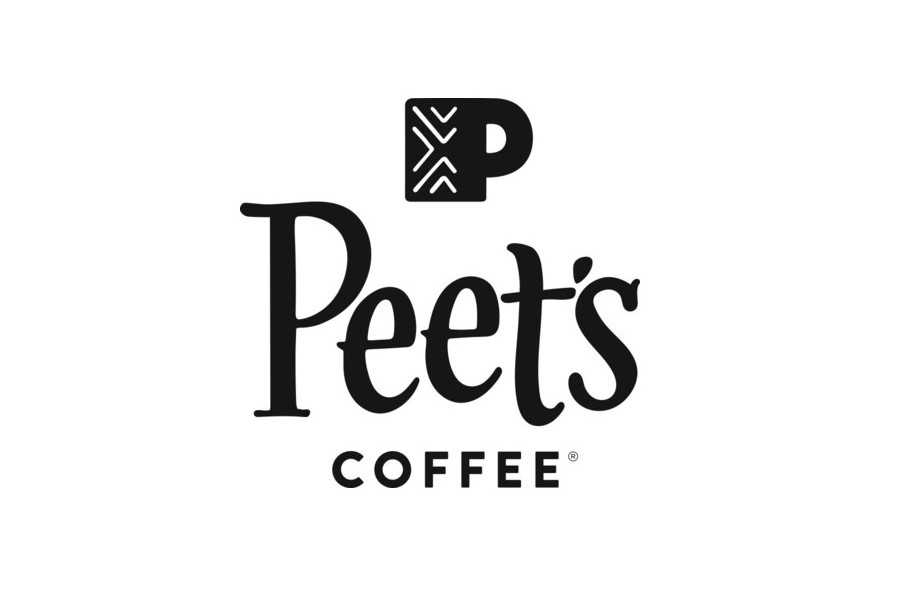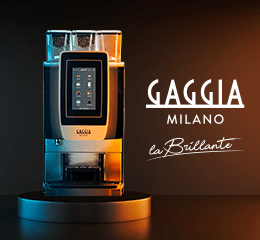EMERYVILLE, Calif., USA — As decaffeinated coffee consumption increases at the start of the year, Peet’s Coffee announces that the company has fully transitioned to water processing across its entire line of decaffeinated roasted beans, K-Cup® pods, and handcrafted decaf coffee beverages available in Peet’s coffeebars. This process is chemical-free and naturally removes caffeine while ensuring the integrity, taste, and quality of the coffee beans for an optimal sipping experience.
Of the top five premium coffee brands available in U.S. grocery and mass retailers, Peet’s Coffee is the only brand exclusively using the natural water process decaffeination method for all decaffeinated beans and K-Cup® pods.¹ As one of the leading decaf brands, the move to water process its decaffeinated coffees comes as Peet’s decaf bean portfolio has grown 11 percent over the past 12 months.²
“Peet’s Coffee is dedicated to exceptional coffee experiences, with the most stringent standards in place for quality, sourcing, and taste,” said Doug Welsh, vice president and roastmaster for Peet’s Coffee. “We are continuously improving our coffee offerings to meet the lifestyle needs of our consumers, and decaffeinated coffee is an important staple for many. To the delight of our decaf coffee drinkers, we use the same superior roasted beans in our decaffeinated blends as we do in our regular coffees, so the flavor is never compromised. Now, they will be able to enjoy a Peet’s coffee that is naturally decaffeinated though water process while maintaining the superior taste you’d expect from Peet’s.”
The water process decaffeination method gently removes caffeine from fresh coffee beans while maintaining the bean’s distinctive flavor profile. Water process decaffeination occurs in two steps: First, the decaffeinator prepares a solution from pure hot water and unroasted coffee beans, then filters the caffeine out of that solution. Then, a batch of raw green coffee beans selected and supplied by Peet’s are soaked in the solution. The caffeine flows out, leaving the flavor intact. The beans—full of flavor, not caffeine—are then dried and ready for careful hand roasting at Peet’s Roastery in Alameda, CA.
Peet’s decaffeinated coffee offerings include medium and dark roasts as well as organic and single origin coffees:
- Decaf Major Dickason’s Blend®(beans)
- Decaf House Blend (beans and K-Cup® pods)
- Decaf French Roast (beans)
- Organic Decaf Terrena (beans)
- Decaf Especial (K-Cup® pods)
- Decaf Mocca Java (beans)
- Decaf Sumatra (beans)
¹ Source: Top 5 premium bagged coffee brands based on Nielsen AOC $ Volume P52W ending 11/6/21. All Peet’s decaffeinated roasted beans on shelves with “freshest by” dates after August 13, 2021 are water processed. All Peet’s decaffeinated K-Cup® pods with “best before” dates after June 1, 2022 are water processed.
² Nielsen AOC $ Volume P52W ending 11/6/21.














